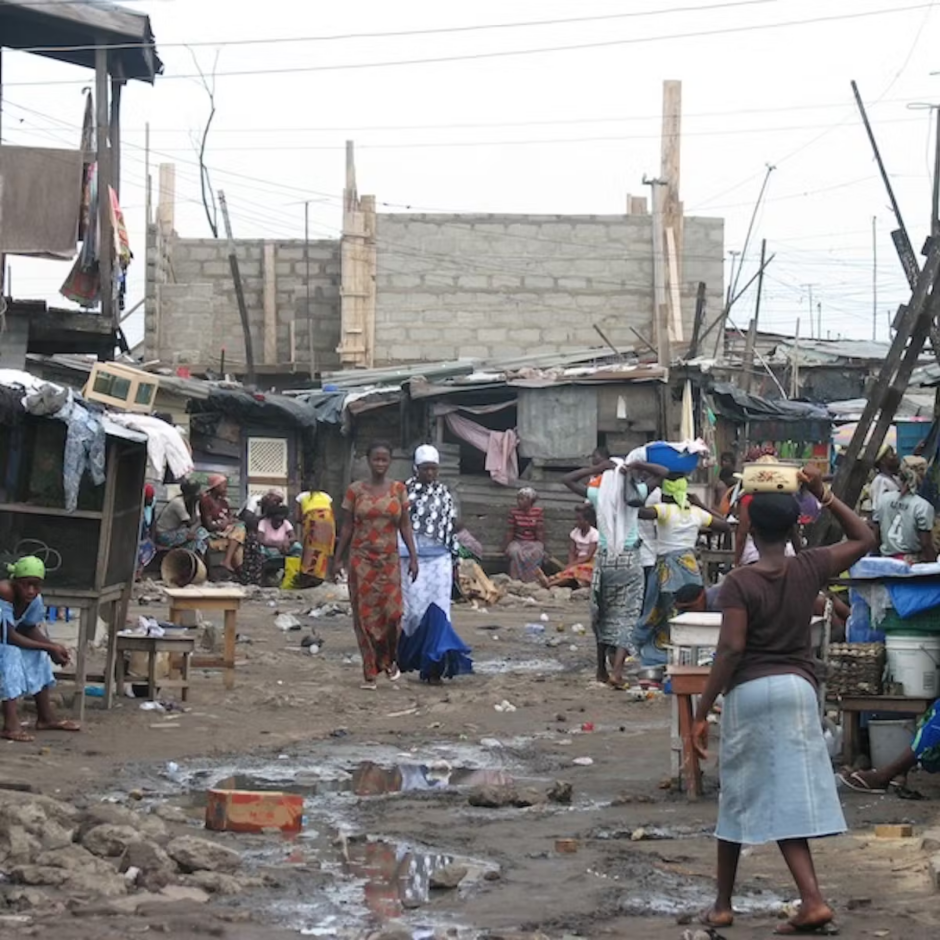

New Narratives is thrilled to announce a new project to support fact-based, people-centered journalism on issues of air pollution in Ghanaian media. The project is generously supported by the Clean Air Fund, a philanthropic initiative tackling global air pollution that works with governments, funders, businesses and campaigners to deliver clean air for all as fast as possible. The journalism project will form part of Clean Air Fund’s overall project to improve the air quality in Ghana.
New Narratives is excited to play a role in this crucially important area. Air pollution kills 6.7 million people around the world every year. 91% of those premature deaths occurred in low- and middle-income countries.

Household air pollution is a significant challenge and 3 billion don’t have access to clean fuels and technologies for cooking (women and children tend to be the most affected, since they spend longer indoors in areas where people use polluting stoves and lamps indoors).
Children are highly affected by air pollution. Exposure to air pollution is linked to respiratory disease, cancers and cognitive impairment in infants, children and adolescents.
Air pollution is also damaging the health of our planet by driving climate change.

From the Clean Air Fund site.
Air pollution in Ghana
28,000 Ghanaians die prematurely every year as a result of air pollution, according to the World Health Organization (2020). Air pollution is the second highest health risk factor for death and disability, after malnutrition. Young children and adults over 50 are most at risk of disease and premature death.
Poor air quality in Ghana is mainly caused by cooking using wood and charcoal, road transport, slash-and-burn methods of farming, open waste burning, energy generation, accidental fires and industry. While deaths from household air pollution have decreased since 1997, deaths from outdoor air pollution have increased.
Ghana is one of only seven African countries with real-time air pollution monitors, but the availability and accessibility of air quality data is limited. The national government does not have a nationwide air quality policy or targets. However, there are sector-specific policies and guidelines that address air pollution, as well as clean air initiatives in Accra.
Ghana is rapidly urbanising, like much of Africa. There is an opportunity to support policymakers and businesses to implement policies and solutions to tackle the root causes of air pollution now.
